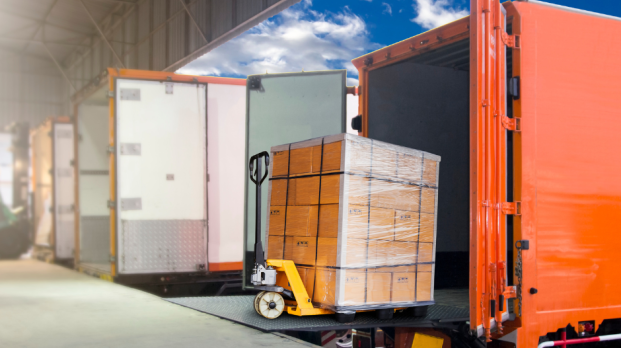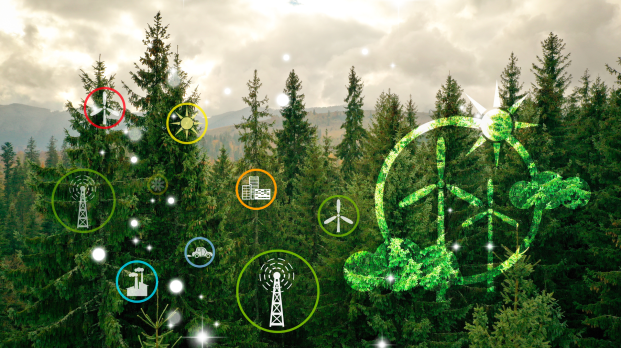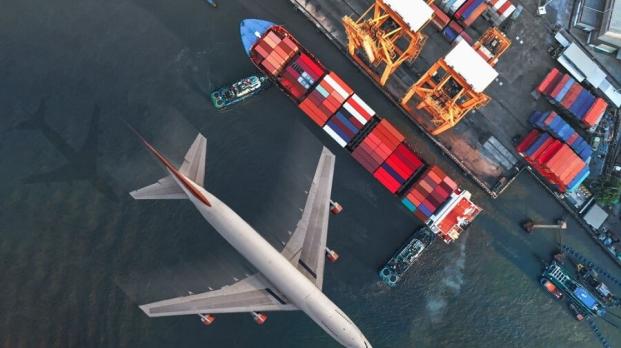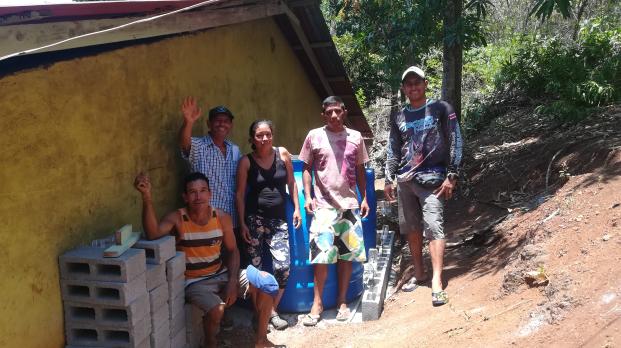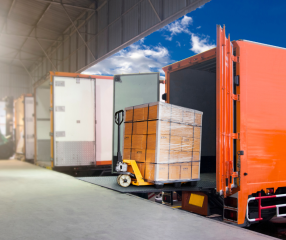
Coastal pollution is one of the most pressing environmental issues of our time. It poses a significant threat to marine life, aquatic ecosystems, and human health. International Coastal Cleanup Day is held each year in September, leading and inspiring action in support of our ocean from individuals and groups alike. However, it is also the responsibility of organizations, especially those in logistics and supply chain, to take action and work toward reversing the effects of coastal pollution.
What is Coastal Pollution?
According to NRDC, beach pollution, or coastal pollution, is defined as “any harmful substance that contaminates our coasts, ranging from plastic, trash, and litter to sewage, pesticides, and oil.” This also includes any excess of natural substances, such as nitrogen and phosphorus from animal waste.
Costal pollution has a detrimental effect on public health, animal health and safety, and the economy. Pollution and contamination can cause a plethora of problems, including, but not limited to:
• Illnesses caused by bacteria levels that violate public health standards for human beings.
• The death of animals due to ingestion of or entanglement in plastics and waste.
• The reduction of reproduction for specific animals, such as turtles, who use coasts as a nesting ground.
• Business failure and economic downturn for those local communities who rely on tourism on or around beaches.
Additionally, coastal pollution has a significant impact on climate change, with plastic pollution being one of the main culprits. World Bank found that every stage of the plastic lifecycle has a negative impact on our environment. This includes Extraction and Production, originating from fossil fuels; Consumption, with individuals lacking the proper resources to recycle or dispose of plastic in a safe manner; and Waste Management, Dumping, and Burning, generating GHG emissions when exposed to solar radiation in both the air and water.
With single-use plastic at an all-time high, this never-ending lifecycle produces waste, contributes to the global carbon footprint, and overall impacts all living beings on Planet Earth.
How Organizations Can Help
There are various ways organizations can help combat coastal pollution and contribute to the mission of reversing its effects on the planet.
• Reduce Plastic Use. Encourage employees to ditch the single-use plastic by offering reusable straws, cutlery, and bottles at the office. Consider biodegradable alternatives or reusable options with a low carbon footprint.
• Organize Beach Cleanups. Join hands with other businesses, NGOs, or individuals in your community to make a more significant impact. Involve your employees, clients, and customers in these initiatives and raise awareness about the impact of plastic pollution. These beach cleanups serve as an opportunity to educate participants and empower them to make a difference in their daily lives.
• Implement Sustainable Policies and Business Practices. Implement a sustainable procurement policy and avoid purchasing products packaged in excessive plastics. If able, switch to renewable energy, or monitor and track electric usage to see what offices may need a sustainable upgrade.
• Invest in Research, Development, and Technology that Promotes Sustainable Change. The future is digital, and our sustainable solutions can be, too. StartUs Insights references multiple businesses using technology to combat ocean pollution, including AI and big data tools that trace plastic waste in river bodies, electric drones that identify and collect plastic waste, and 3D printers that upcycle marine waste.
• Be a Vocal Advocate for Change and Support Businesses Who Are Reducing Marine Pollution. Half the battle of environmental change is education. Educate your employees on the effects of coastal pollution and how they can make a difference. Be a changemaker in your industry and lead the charge for organizations looking to help. Finally, utilize your resources to support businesses who are actively working to reduce marine pollution – if you don’t have the tools to participate in ocean conservation, it’s better to support a group that does!
How EFL Global is Combating Coastal Pollution
As a logistics and supply chain organization, EFL Global is aware of the lasting impacts our industry has on the environment – especially our oceans. To offset our carbon footprint, we’ve dedicated time and resources to coastal cleanups across the world, paired with employee engagement, education, and youth involvement.
Our EFL Global teams have partnered with various organizations such as Fauna and Flora International, FUNZEL, the Hong Kong Green Nature Union, and the Sri Lanka Coast Guard, participating in coastal clean ups for communities who need it most. EFL Global’s Latin America, Hong Kong, and Sri Lanka teams launched conservation efforts to remove pollutants from their respective coasts, conducted awareness sessions for employees and their families, and even participated in activities such as releasing sea turtle hatchlings to their natural habitats.
Across the world, EFL Global teams actively follow our Zero Waste Policy and Sustainability Code of Conduct, as well as participate in local recycling programs at the office and at home. These programs allow employees to actively tackle wasteful happenings and place a greater importance on sustainable operations within the organization.
Conclusion
By taking action and implementing sustainable business practices, supporting research and policies, and collaborating with others, organizations can work toward reversing the effects of coastal pollution. These efforts can have a positive impact on marine life, preserve sensitive ecosystems, and secure the well-being of coastal communities and beyond.
